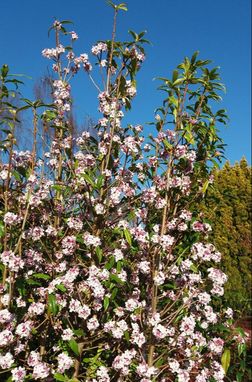
I have been listening to tangos, rather than dancing them. I’m not sure what’s going on here and it’s immensely frustrating as I long more than anything to be dancing, as I dance in my head, beautifully. Sometimes, the gap between the aspiration and the reality is just too great to ignore. Tango is great mood music, though. By a roundabout route yesterday I found myself trawling through different versions of ‘Mariposita’, ‘Little Butterfly’ until I found Goyeneche’s 1979 gravelly recording and from there a CD (yes I still have CDs) of recordings he made with Troilo’s orchestra in the 60s and 70s. They were a bit of a legend as a team, ‘the Polack’ and the band leader and bandoneonista El Pichuco, ‘Cry Baby’, famous for his emotional playing and his tendency to be moved to tears – but never ‘for trivial reasons’, he insisted. One of the tracks on the CD is ‘En Esta Tarde Gris’, a mournful piece which perfectly suits this grey day. ‘Mariposita’, though – many of you will already have shared my discovery of a charming version by De Los Dos Tango Dúo (accompanied by various birds and a barking dog!)
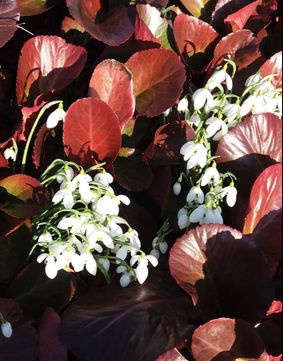
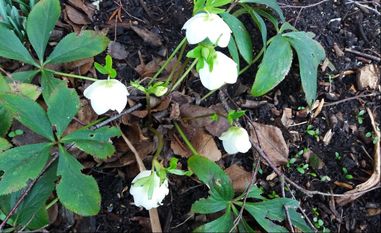
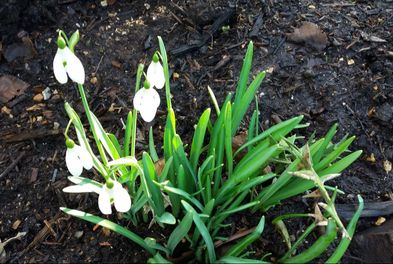
"This is why helping and welcoming refugees is more than asking for gradual reforms. It is a powerful political act. Fighting for refugees’ rights means repudiating the wars, the economic devastation, the climate disruption that caused them to leave their homeland; it means demanding European governments and citizens to be up to their historical and moral duty of giving refuge to those knocking on their doors; and it means making a statement of unconditional solidarity with every vulnerable and oppressed human being, calling for a more just and humane world.
"The global refugee crisis is a horror story of trauma, shattered lives, torn apart families, stolen childhoods, broken dreams. We, the privileged of the world, have the moral obligation to open our doors wide open, and try making this human tragedy stop."
On a practical level, Cambridge does offer various opportunities to work towards change. Last weekend saw 'A Tale of Two Cities', a sponsored sleep-out to support refugees in Calais and the homeless at home, raise an incredible £10,000. One cute initiative enabled me to spend £17.50 on a warm and rather stylish hand-made poncho in the knowledge that this would fund 3 of the same to be delivered to those battling the cold in Calais.
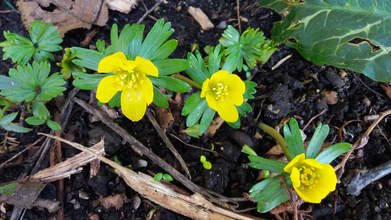
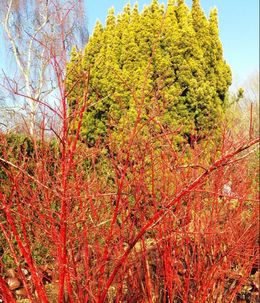
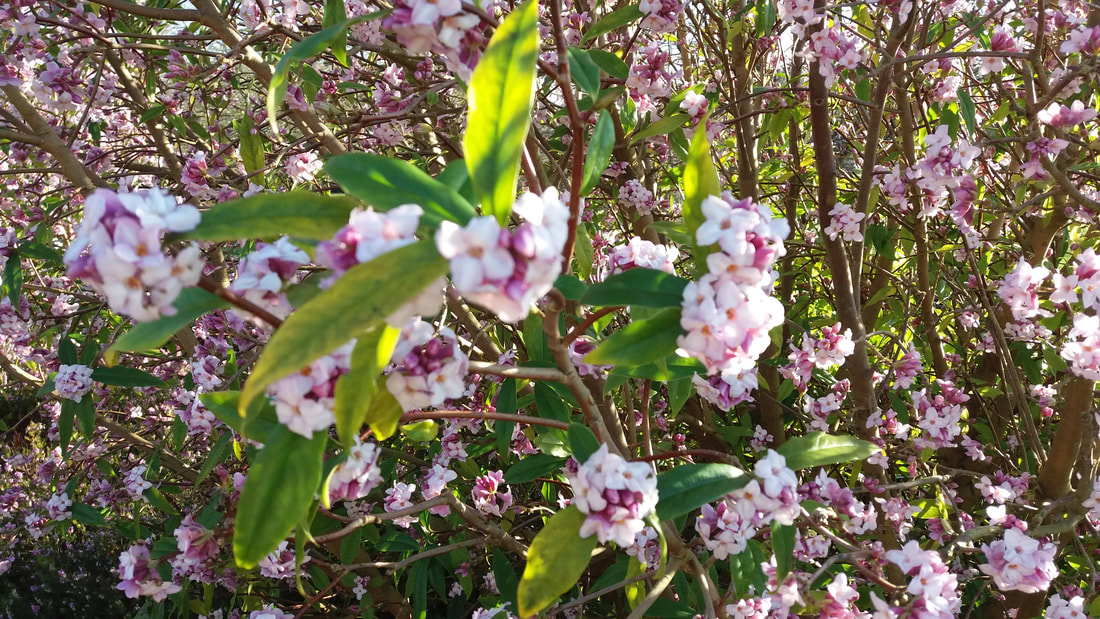
'Don’t let me be misunderstood’ was recorded both by Nina Simone and the Animals (with an impossibly young-looking Eric Burden on vocals) in 1964.
Back in the Jug Agane by Geoffrey Willans and Ronald Searle, Nigel Molesworth’s own version of being back at ‘skool’, was published by Max Parrish in 1959.
A recording of the author reading ‘Toads’, first published by The Marvell Press in his collection The Less Deceived in 1955, is available here
Life after Life by Kate Atkinson was published in the UK by Doubleday in 2013 and A Field Guide to Reality by Joanna Kavenna by riverrun in 2016.
Pete Langman’s Slender Threads (Pete Langman, 2013) is available from Amazon.
All the photos were taken on a January visit to the Botanics when the Daphne Bholua was at its fragrant best.
And of course Parkinson’s & the Tango Effect is currently funding with Unbound.
 RSS Feed
RSS Feed
